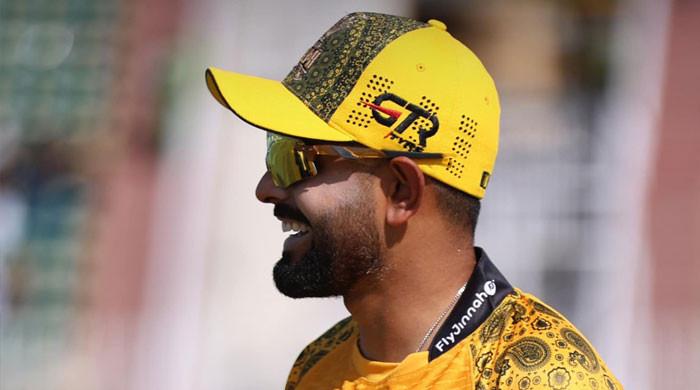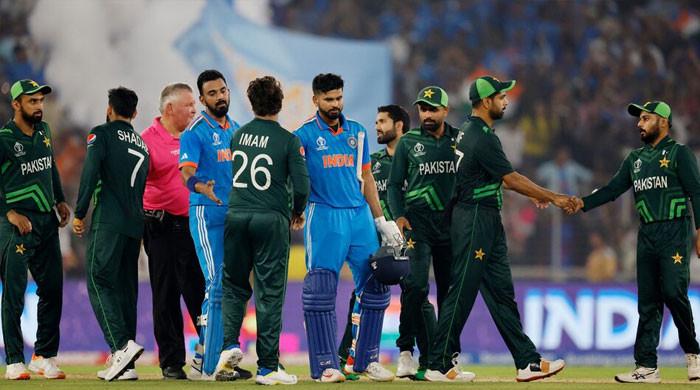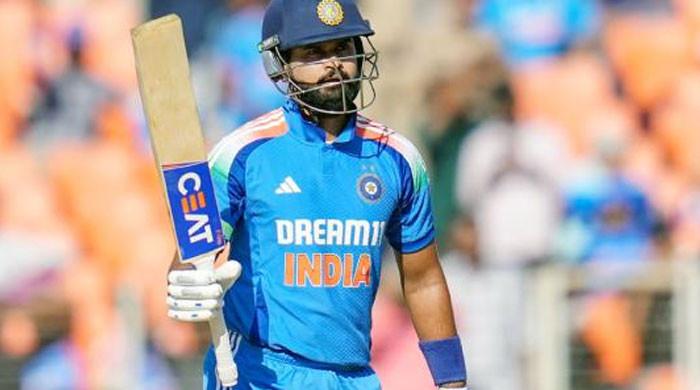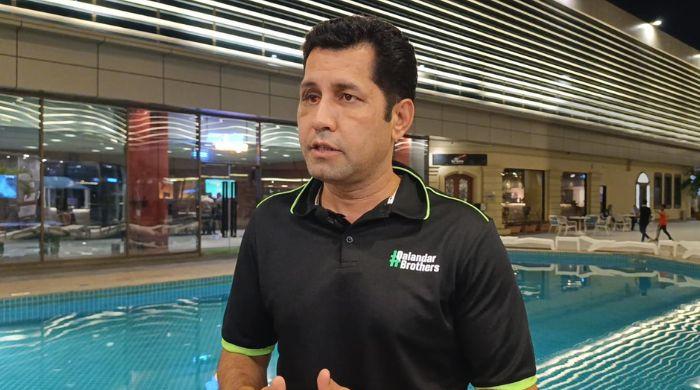Can Pakistan exact revenge?
Both Pakistan and tournament organisers will hope for a spirited fightback from the team
September 23, 2018
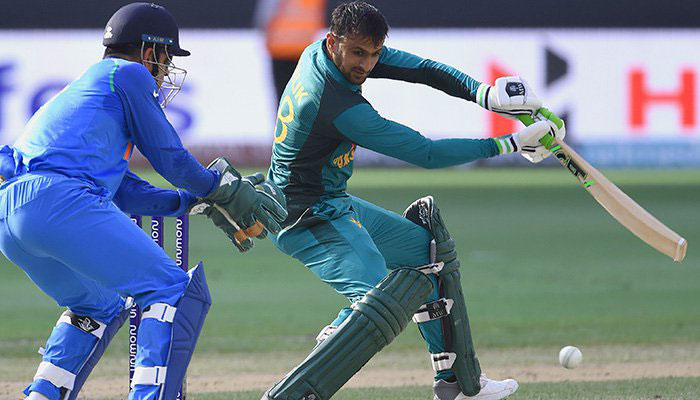
Cricket authorities are well aware that there’s no rivalry that can fill their coffers than setting up an India-Pakistan match in global tournaments. Since 2011 World Cup, every single global tournament has featured a match between the two arch-rivals.
Yet, despite the apparent manipulation of the draw to make sure these two teams meet, the quality of cricket remains unable to match the excessive hype-building by the media and audience.
The ongoing Asia Cup went one step by making such a convoluted tournament format that in a competition of six teams, Pakistan and India play each other twice before the knockout stage.
The first match followed the trend of how these matches play out between the two in the recent past: Pakistan bat first, get bowled out cheaply, and India completes the chase comfortably.
Today, the teams meet again for the second time in four days and both Pakistan and tournament organisers will hope for a spirited fightback from the team in green but signs are not good.
Pakistan barely managed to scrap past the novice Afghan team in tournament’s most thrilling match, where they managed to cross the line solely because of the inexperience of Afghanistan team and the majestic Shoaib Malik who used his almost two decades of cricket experience to complete the chase.
Otherwise, Pakistan’s performance was shoddy and ragged. They dropped five catches, the ground-fielding was shambolic and their team selection was completely out of character, which was particularly surprising because in the last 18-months the Sarfaraz Ahmed-Mickey Arthur brain trust has managed to figure out the template of the limited-overs squad and have results to show for it.
While Mohammed Amir’s exclusion from the team was justified because of his dwindling returns, dropping all-rounder Faheem Ashraf was a curious decision. And then to continuously bench Junaid Khan, who has a stellar record in United Arab Emirates, was yet another mystery.
Another problem faced by the Pakistanis is Sarfaraz’s own form in front of the wicket. He has now a string of low-scores and haven’t had a particularly memorable knock since the one he played against Sri Lanka in Champions Trophy last year.
On the other hand, the Indian team has clearly stepped up and shown that they have ample quality on bench to ensure they don’t miss their talismanic captain Kohli. Leading the squad in this tournament, Rohit Sharma and his opening partner Shikar Dhawan have shown yet again why they are the world’s best opening pair in limited overs game and haven’t exposed their middle order to testing times.
It also helps that Bhuvneshwar Kumar is back in the team and has immediately found his rhythm, combining effectively with fellow pacer Jasprit Bhumra as they continue to stifle batting attacks.
First, they got Pakistan out for 162 on Wednesday, and then wrapped up Bangladesh’s line up in their next match on Friday for just 173, allowing for comfortable eight wickets and seven wicket wins.
Even though India lost all-rounder Hardik Pandya in the match against Pakistan, their depth in squad ensured they could replace him with Ravindra Jadeja, the left-arm spinning all-rounder, who came back to the squad and took four wickets.
In the first meeting between the two rivals in this edition of Asia Cup, some commentators felt that it is the first time in a long while that Pakistan will enter the field as the favourites.
In less than a week the Indian team has shown once again why they are considered the best limited-overs team in the world along with England. Despite not having played in the United Arab Emirates since last 12 years, they have conquered the slow, low conditions and vanquished whoever they faced. They are the tournament’s only unbeaten team and after a slow start against Hong Kong, they seem to have hit their stride and appear to be the outright favourite to win the trophy on 28th September.
Pakistan has a massive challenge on its hand today to not only give themselves a shot in the arm, but also to bring some element of competitiveness in the tournament. It remains to be seen whether Sarfraz’s boys can upset the cart.
— Ali Abbas is based in Madrid and contributes on politics, media, culture, history and sports.




